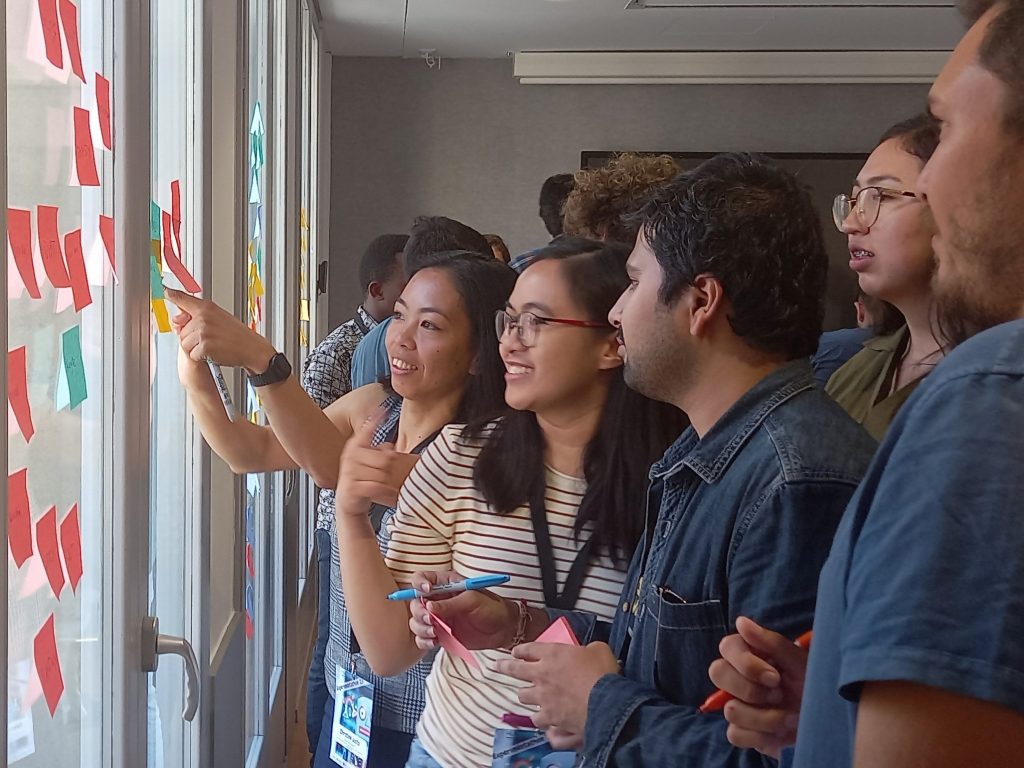25/05/2023
A non-academic mentoring pilot programme for PhD fellows kicks in at the URV within the Martí i Franquès COFUND Doctoral Programme
This initiative offers a mentor from the non-academic sector to PhD researchers to support them during this stage of their career

This initiative offers a mentor from the non-academic sector to PhD researchers to support them during this stage of their career
This year, the Martí i Franquès COFUND Doctoral Programme (MFP COFUND) has launched a new programme to support the early-stage researchers developing their PhD at the URV. It is an online non-academic mentoring programme, conceived as a pilot, and led by the management team of the MFP COFUND. The programme officially started on 1st April with the participation of 14 mentor-mentee pairs.
The programme designates a mentor, with a science or technology related job outside academia, for every PhD candidate interested. During a maximum of six months, mentors and mentees will meet at least four times to discuss in a safe and confidential environment issues relating to their professional life, professional career aspirations, experience sharing, soft skills, or self-awareness. The aims of the programme are to support young researchers in their career path; to facilitate intergenerational and intersectoral networking of science professionals; and to promote mutual learning from different experiences, ways of thinking and doing. A key element in the relationship between mentors and mentees will be the personal career plan. This plan can be the map that should take the mentees to the goal they want to reach: mentees will need to define where they want to go, what they need to get there, and how they are going to do it.
So far, two months after the beginning of the programme, the feedback from the mentees is being very positive, as noted by Regan Ceaser, one of the participants: “The programme not only provided me with a mentor but with a senior colleague who shares his experience, insights and knowledge in both the academic and industrial fields. It has become an opportunity to develop my skills, build relevant networks and access opportunities”. Also, Mattia Mattei, mentee in the programme, points out that the programme “is a good opportunity to have a free conversation with people with similar backgrounds but working in completely different contexts, and it makes you think about pros and cons of both research and outside academia jobs, and about which system is more suitable to your personality or your idea of life.”
